Juan Arango shared their story and experiences with us recently and you can find our conversation below.
Juan, so good to connect and we’re excited to share your story and insights with our audience. There’s a ton to learn from your story, but let’s start with a warm up before we get into the heart of the interview. What is a normal day like for you right now?
Most days start in my home studio. I’ll grab a coffee, turn on the computer, and lay out a plan for what needs to get done. A big part of my day usually involves writing, recording, and mixing music—whether it’s for TV, film, games, or other media projects. I work with a pretty wide range of clients, and I also produce for other artists, in addition to releasing music of my own.
Beyond composing, I handle a fair amount of admin work and teach a few lessons—some in person, some over Zoom. I spend so much time in my studio that I’ve put a lot of care into making it a welcoming, creative space, both for myself and anyone I collaborate with.
I also perform regularly, which gives me a great reason to step away from the desk and into the world. Depending on the day, I might be at a rehearsal or playing a show somewhere in New York.
My schedule definitely keeps me on my toes. It’s not always predictable, but I’ve come to really value that—it keeps things exciting and creatively fresh.
Can you briefly introduce yourself and share what makes you or your brand unique?
As I mentioned earlier, my life pretty much revolves around music 24/7—and honestly, I wouldn’t have it any other way. What makes it all feel meaningful, at least to me, is the journey behind it. I came to the U.S. from Colombia at 18 years old, not really knowing what the future held. If you had told me back then that I’d end up writing music for national ads, TV networks, and touring North America with Disney Concerts, I don’t think I would’ve believed you.
Working in the music and entertainment industries can be tough and unforgiving, especially when you’re starting out, so I feel genuinely lucky and grateful for the opportunities that have come my way.
My “brand,” if you want to call it that, is really just a reflection of my music-obsessed brain. I try to pour that same obsession—and a sense of gratitude—into everything I do, whether it’s a piece I’m writing for TV or a show I’m playing on stage. This career has given me some of the best moments of my life, and I try to honor that by showing up fully, every single time.
Amazing, so let’s take a moment to go back in time. What breaks the bonds between people—and what restores them?
When I came across this question in the questionnaire, I was intrigued. These are the kinds of things I often find myself thinking about, and like many others, I can relate them to my own life experiences.
Now, I’m definitely not a psychologist or someone who claims to have a deep understanding of the science behind human relationships—but I can share my thoughts as an individual and an observer.
I think there are countless reasons why a bond between people might break. While there are plenty of mundane examples, at the root of most fractured relationships is a breakdown of trust. When a relationship is formed—whether professional, friendly, romantic, or otherwise—there’s often an unspoken “code” of acceptable behavior. In professional settings, that code tends to be pretty straightforward: do your work, be respectful, don’t cross certain lines.
But in more personal relationships—like friendships or romantic connections—it gets more complicated. Ideally, these relationships start with clear communication and mutual respect for boundaries. But that’s not always the case. Sometimes things go unspoken, or expectations aren’t addressed early on. And when someone does something that violates that unspoken agreement—intentionally or not—it can break the trust that held the relationship together. In some cases, it’s one major betrayal. In others, it’s a slow build-up of smaller things. And what may seem insignificant to one person can feel deeply hurtful to the other. That’s why it’s so important to set expectations and boundaries early on, especially if we’re striving to practice empathy.
As for what restores those bonds—I don’t think there’s a universal answer. Everyone is different, shaped by their own experiences and perspectives. What I might consider enough to repair a relationship may not be enough for someone else, and vice versa. At the end of the day, it comes down to forgiveness—either your ability to forgive someone, or their ability to forgive you. Some situations are simply too complex or too painful to resolve, and that’s part of life too.
I’ve seen a handful of relationships—some my own, others belonging to people I care about—break or suffer damage. Sometimes the reasons are undeniable, but other times they’re surprisingly petty. That’s why I try to lead with empathy whenever I can, and why I believe in the power of forgiveness. Everyone is human, and sometimes empathy feels like a scarce resource. But it’s also one of the few things that can truly mend what’s been broken.
What’s something you changed your mind about after failing hard?
When I thought about this question, my mind didn’t go to one single moment of monumental failure. Instead, it went to the accumulation of all the times I didn’t get what I wanted professionally—whether it was not landing a gig, falling short of a client’s expectations, or missing the mark on a performance.
The tough reality of this industry is that it’s full of those moments—especially in the early years, but even at higher levels. I can promise you that even people at the top of their game deal with failure. The only real difference is the scale. That realization can be incredibly disheartening, and I’ve seen more than a few talented friends and former colleagues walk away from music because of it. It’s easy to fall into the trap of asking: What’s the point of persevering when nothing seems to be working and everyone around me seems to be surpassing me?
I’d be lying if I said those thoughts never crossed my mind. It really is tough out there. But over time—and with a lot of support from the people around me—I’ve developed a new relationship with failure. I’m not saying I’ve mastered it, but I’ve been working on actively practicing perspective. I force myself to see the glass half full. Because the truth is, I can’t always control the outcome, but I can control how I respond to it.
Once I stopped fearing failure, I started seeing it for what it really is: a learning opportunity. To be clear, I don’t go into projects hoping to fail—but when failure shows up, I try to take it on the chin. I might throw myself a short pity party, but then I remind myself to move on. It’s not some profound revelation—it’s more of a “why not?” attitude.
When I stopped demanding things from life—or from music, which doesn’t owe anyone anything—I started to see progress in ways I hadn’t expected. I’m not a religious person, and I wouldn’t call myself superstitious either. I don’t spend much time thinking about fate or higher powers. But I do believe in the power of the human mind, and I’ve seen firsthand how perspective can shift your entire reality.
I try to live by that famous Haruki Murakami quote: “Pain is inevitable. Suffering is optional.”
Because… why not?
I think our readers would appreciate hearing more about your values and what you think matters in life and career, etc. So our next question is along those lines. Where are smart people getting it totally wrong today?
I would never claim to have any kind of intellectual superiority over anyone—I’m acutely aware of the many gaps in my own knowledge. That said, one thing I keep noticing in public discourse is this widespread belief that there are objective, irrefutable truths to every issue.
I don’t mean this in a vague “everything is relative” kind of way. What I’m referring to is the inability to consider any truth beyond the one we’ve personally constructed—based on our experiences, our ethics, and even our own knowledge. You see this often in political conversations, or in debates about cultural issues. Some incredibly smart people, even those who’ve contributed greatly to society, can struggle to consider other perspectives—especially when those perspectives conflict with their own sense of morality or worldview.
I’ve always been fascinated by physics and the cosmos, and I love listening to how scientists think about life. I remember a conversation I had with my father, who’s deeply involved in academia and the scientific method. He reminded me that scientists are in constant pursuit of truth—but they rarely call something a truth. It’s a theory: something we believe to be true until new evidence challenges it. When that happens, they revise the theory without hesitation—regardless of personal bias or emotional attachment.
I think that mindset is something we could use a bit more of outside the lab. Being open to new ideas without immediately rejecting—or worse, villainizing—the person sharing them. Like I mentioned in an earlier answer, empathy feels scarce these days. And I think empathy goes hand in hand with the humility to accept new, sometimes uncomfortable truths. It doesn’t mean you have to change your values—but being willing to listen is a step in the right direction.
Okay, we’ve made it essentially to the end. One last question before you go. Could you give everything your best, even if no one ever praised you for it?
Absolutely. I won’t lie—praise feels good. As a performing musician, I’ve often found myself in situations where people are throwing compliments my way—sometimes from a genuinely moved audience, sometimes from a group of kind (and slightly inebriated) folks at the bar I just played at. We’re all human, and we all enjoy feeling appreciated.
That said, and building on some of the things I mentioned earlier, I try to practice humility and remind myself that I’m ultimately a servant of music. It’s a beautiful art form, and I approach it with deep respect and admiration. That means doing it for the sake of the music itself—not for applause or ego boosts.
Just like I’ve learned not to cling to failure, I’ve also learned not to overvalue praise or success. Putting too much weight on external validation can be just as toxic as obsessing over setbacks.
So yes, I can confidently say I give everything my best—not because I’m chasing admiration, but because I genuinely care about the work and the bigger picture. It’s just in my nature.
Contact Info:
- Website: https://en.juanarangomusic.com/
- Instagram: https://www.instagram.com/juanarangomusic/
- Linkedin: https://www.linkedin.com/in/juanarangomusic/
- Twitter: https://x.com/musicjuanarango
- Facebook: https://www.facebook.com/juanarangomusic
- Youtube: https://www.youtube.com/@juanarangomusic7903
- Other: Spotify: https://open.spotify.com/artist/3ALs2Q3y3UH9sJByijP4sp
imdb: https://www.imdb.com/name/nm13945143/?ref_=nv_sr_srsg_2_tt_0_nm_8_in_0_q_juan%2520arngo
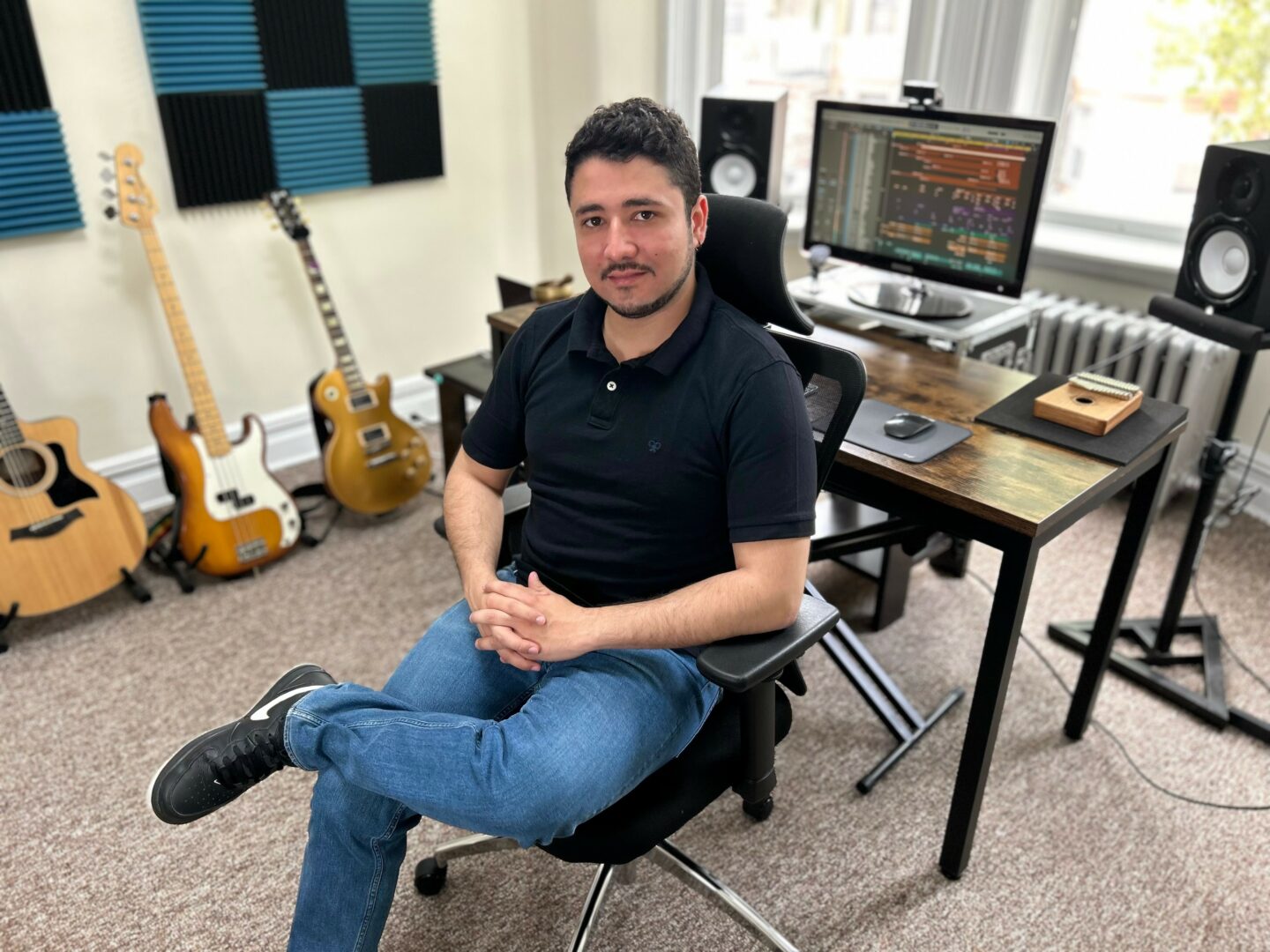
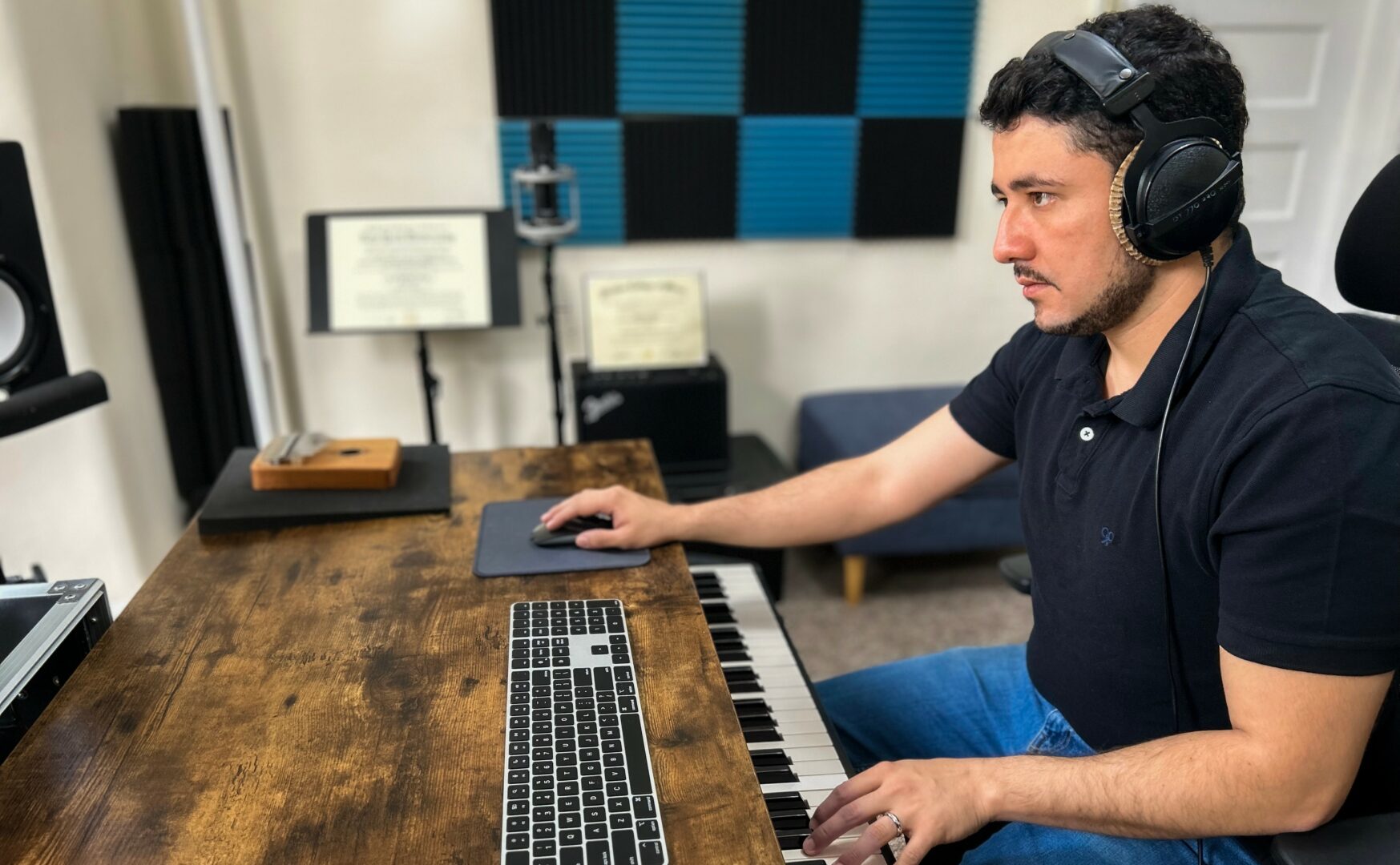
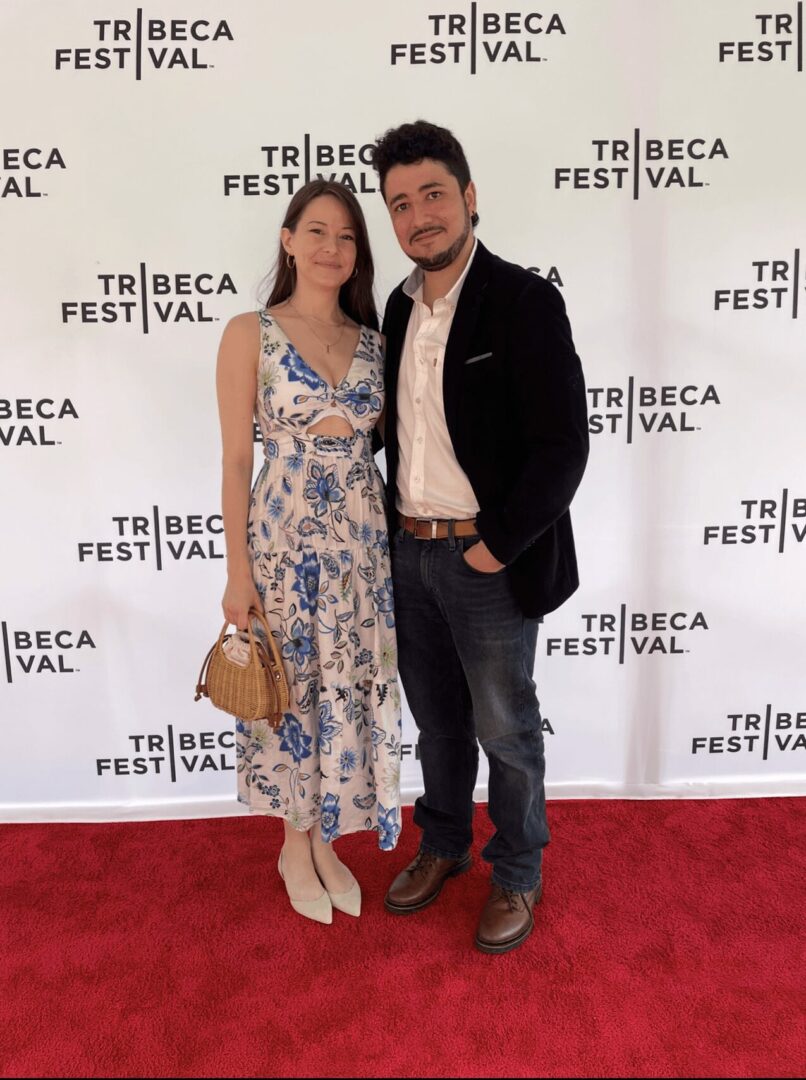
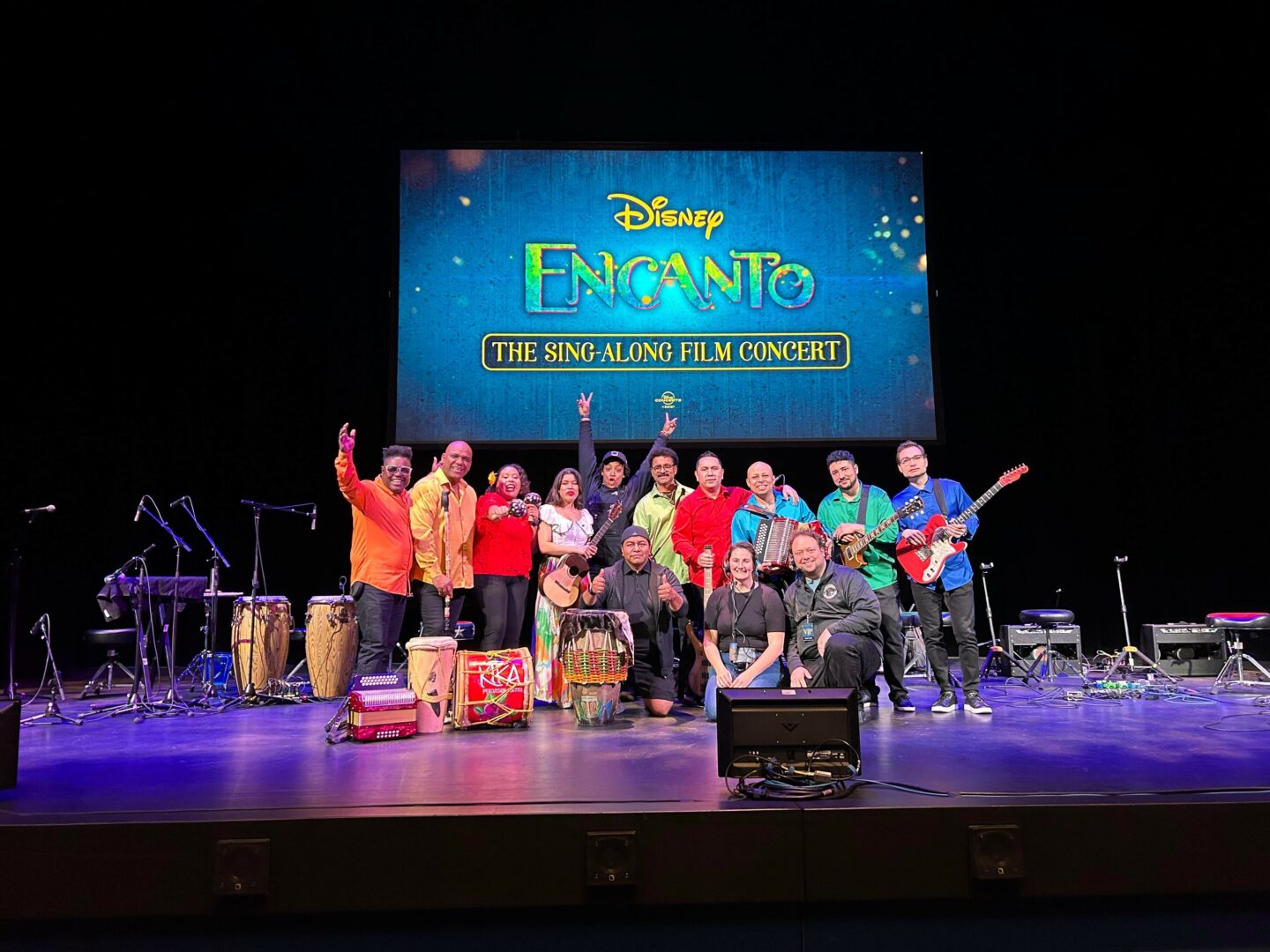
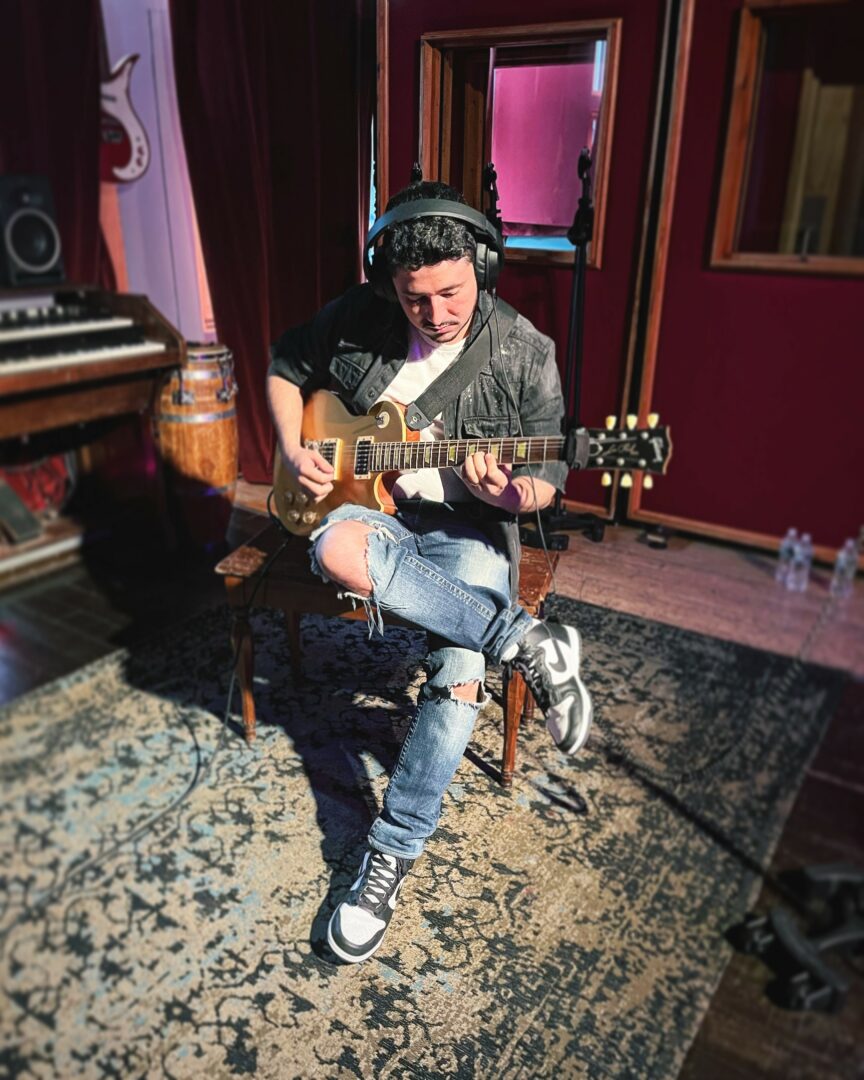
so if you or someone you know deserves recognition please let us know here.




